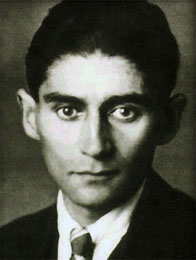Gregor Samsa wakes up one morning transformed into a monstrous bug. This is not a nightmare: this traveling salesman will never regain his human identity. The family marginalizes him in his room out of fear and shame, and from that moment everything changes in their lives. The protagonist, turned into a beast and plunged into the most absolute isolation, is reduced to nothing and inexorably drawn into death. A sublime expression of the Kafkaesque man, The Metamorphosis, written in 1912 and published for the first time in 1916, is considered a masterpiece and is already a primary text of 20th century world literature.

